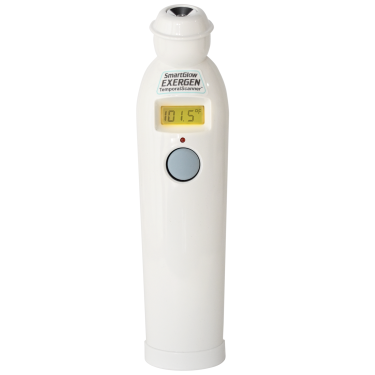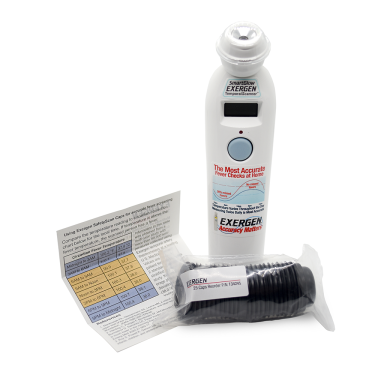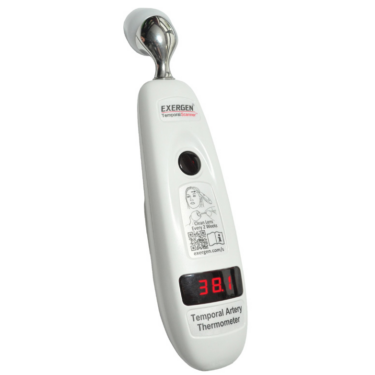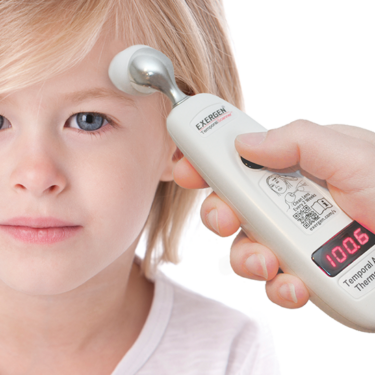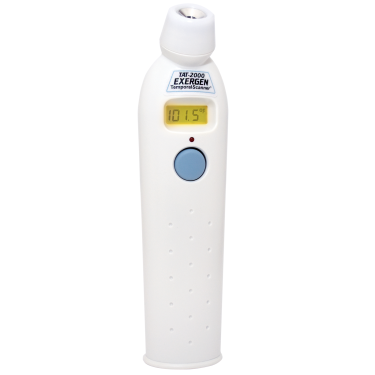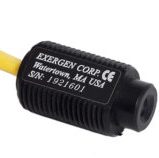As summer arrives people’s activities shift to long walks, outdoor barbecues, and weekends in the countryside. However, nature invites unwanted guests like mosquitoes, ticks, fleas, and other biting insects. Knowing the difference between insect bites isn’t just helpful, it can actually prevent infections, allergic reactions, or even serious diseases.
Here’s how to tell the difference?
- Mosquito bites are red, slightly swollen, and incredibly itchy. They usually resolve in a few days. Washing with soap and water, then applying a cold compress and antihistamines.
- Bee or wasp stings hurt immediately. If it’s a bee, it leaves its stinger behind. Remove it carefully, apply ice, and take antihistamines if needed. If there is a sign of allergic reaction call medical attention.
- Tick bites often go unnoticed until the tick drops off and may result in a bull’s-eye-shaped mark. Ticks need to be removed gently with tweezers and it is important to watch for fever or rash in the days that follow.
- Flea bites appear in itchy clusters, often on her ankles. Besides washing and treating the area, be sure to check pets and home.
- Bedbug bites are also clustered and itchy, often worse at night. Cleaning the area helps, but so does a thorough inspection of bedding and furniture.
- Spider bites may show two small puncture marks. If there’s swelling, fever, or tissue damage, she should seek medical attention.
When should to worry?
A bite that causes severe swelling, breathing trouble, or dizziness might be a serious allergic reaction (anaphylaxis) and requires expert attention. Other signs like pus, fever, or target-shaped rashes also warrant a visit to the doctor.
Since fever is a common symptom, it is important to take regular temperature checks. Try using an easy-to-use, contact, accurate thermometer like the Exergen Temporal Artery Thermometer. Using this thermometer takes a gentle swipe across the forward to ensure that temperature measurements are reliable and precise. With Exergen’s thermometer all you
What about repellents?
Look for ones with DEET or icaridin. DEET is time-tested, but icaridin is gentler and just as effective especially for kids or sensitive skin. At the end of the day, the best defense is knowledge.
Source,
Exergen P/N 850480
